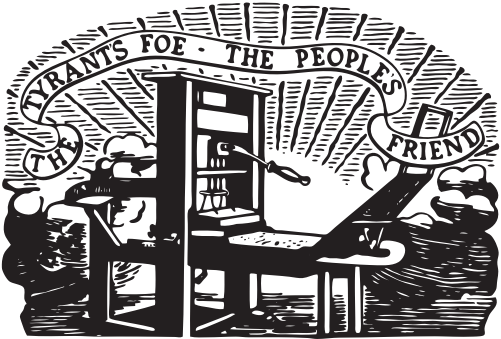Chloe Latham Sikes is deputy director of policy at the Intercultural Development Research Association, a San Antonio-based nonprofit that seeks to strengthen public education.
Texas state lawmakers have gaveled in and started stepping to the tune of well-funded efforts to pass private school vouchers and undercut public schools. It’s a tired tune that state leaders sang throughout 2023’s lengthy legislative season, though it lacked the backup vocals of thousands of Texas families. Now, with a chorus of new legislators in office, the volume is a bit louder under the dome, but lawmakers still risk stepping on millions of public school students and their families. State leaders and many lawmakers have frolicked with billionaires in what we at the Intercultural Development Research Association (IDRA) call the “Texas Three-Step” to defund, demonize, and privatize public schools.
The dance goes like this. Step one: Withhold much-needed public school funding for students and teachers. Through a regular session and four special sessions in 2023, lawmakers failed to pass additional public school funding. Now, school districts are left with budget shortfalls due to federal COVID-19 relief dollars drying up, unfunded state mandates, and fluctuating enrollment that results in less funding.
Step two: Pass policies that restrict students’ access to enriching curricula and impose unfunded mandates, while characterizing public schools as “failing.” Over the past 15 years, lawmakers cut giant holes in education budgets (from which we still haven’t recovered), reduced the rigor of college readiness coursework that students needed to graduate, and passed censorship policies that restrict students’ reading and learning opportunities.
Step three: Make deals with well-funded special interest groups to divert public education dollars to private institutions without public oversight and against public outcry. Hundreds of parents, grandparents, students, and other community members showed up to testify in front of lawmakers against private school vouchers throughout the 2023 legislative sessions—and again just last week in the Texas Senate. About 90 percent of Texas students attend public schools. Private school vouchers in other states often go to students who already attended private schools, meaning they become subsidies for families who had already decided to pay for private school, at the expense of public schools that must serve all students. For example, in Arkansas, 95 percent of voucher recipients never attended public school before receiving a voucher. After Florida expanded its voucher program in 2023, only 13 percent of new participants had previously attended a public school, and 44 percent of new participants came from families that earned more than $120,000 for a household of four or did not submit income.
The Senate’s current proposal, Senate Bill 2, is considered a universal voucher program, meaning any school-age child is eligible whether they are already in private or home school, in public school, or entering school for the first time. By the state’s own estimate, 95 percent of current students projected to participate in the proposed voucher program will have already been in private or home school.
This Texas three-step is a clumsy dance that’s especially out of step for students with disabilities, Black and Latino students, students from households with low-incomes, and students of diverse gender identities who experience a lack of educational protections and increased discrimination in these programs, according to national research.
Multiple studies on voucher programs across several states further show they are ineffective for increasing students’ academic outcomes. Private schools have no publicly elected boards and no state accountability for academic or financial performance, and parents have less access to what is taught or how students are treated in their classrooms. That means vouchers use public money to fund less transparent and less effective educational options.
A 2020 study by EdWeek Research Center found that private school voucher programs across 29 states rarely required transparent reporting on student achievement or graduation rates or information as basic as teachers’ education qualifications. Most of the programs allowed private schools to discriminate against students’ religious and gender identities for admission. Only five of the 29 states required private schools benefiting from the voucher program to admit students with disabilities. Overall, the programs obscured transparency, reduced accountability, and permitted discrimination. (Texas’ SB 2 is no different: The bill does not include clear reporting requirements for voucher participants’ learning progress and only includes self-reported data from graduated students on college, career, or military readiness metrics; no provisions guarantee acceptance into the program or private schools for students with disabilities; and schools or other education providers have full autonomy to discriminate against students and families based broadly on their “religious or institutional values.”)
Most Texas families don’t dance the three-step because we know that our public schools matter to our communities and our students. Texans know that giving public money to private schools and companies with no oversight, no accountability, and no student and parental protections for educational services is more about profit than parental control.
Parents and students in public schools should be empowered to be active collaborators in their school communities, and state leaders can support them through increasing public school funding, supporting positive school climates through rigorous courses and materials, and supporting the teacher workforce through fair compensation, trainings, and in-school support.
Texas lawmakers are three-stepping with billionaires and special interest groups, but it’s the 5.6 million students in public schools and their families in every corner of the state who will foot the bill.
The post The ‘Texas Three-Step’: Defund, Demonize, and Privatize Public Schools appeared first on The Texas Observer.


Leave a Reply